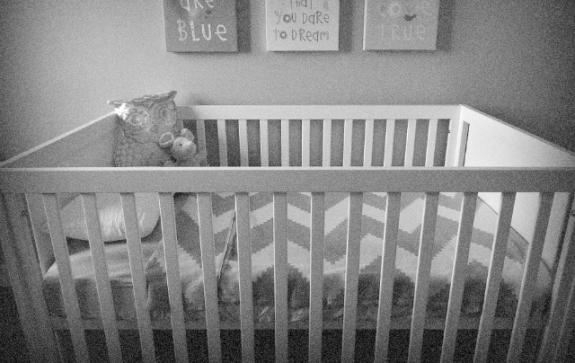From The New York Times:
The fertility rate in the United States fell to a record low for a second straight year, federal officials reported Thursday, extending a deep decline that began in 2008 with the Great Recession.
The fertility rate fell to 60.2 births per 1,000 women of childbearing age, down 3 percent from 2016, according to the National Center for Health Statistics. It was the largest single-year decline since 2010, when families were still feeling the effects of a weak economy.
Fertility rates are essential measures of a society’s demographic balance. If they are too high, that can strain resources like housing and education. If they are too low, a country can face challenges replacing its work force and supporting its older adults, like in Russia and Japan. In the United States, declines in rates have not led to drops in the population, in part because they have been largely offset by immigration.
The country has been living through one of the longest declines in fertility in decades and demographers are trying to figure out what is driving it. Rates tend to drop during difficult economic times as people put off having babies, and then rise once the economy rebounds. But the rate has not recovered since the Great Recession. A brief uptick in 2014 did not last. The number of births has also declined, and last year was its lowest level since 1987. The fertility rate is the number of births per 1,000 women ages 15 to 44.
…It could be that the new generation of millennial women is delaying having children even longer than the women who came before them, as prime childbearing years are also critical years for advancing in a career. A recent study shows that the marital pay gap that springs up after a first child is born typically does not close if the birth happens between age 25 and 35.
Shannon Hettinger, a 32-year-old from Washington, D.C., said she definitely wanted children. She grew up in a large family in a small town in Pennsylvania and almost all her high school friends are married with children. But she moved to Washington, and spent her 20s deciding on a career. Now that she has one she loves — she works in residential real estate sales — she is not going to stop until she gets established. That means not having children for a while.
“I just want to build my book of business and see where I can go from here,” she said. “My whole focus is career growth. That’s my No. 1 priority.”
“Once I achieve a certain level of success,” she added, “then I’ll start thinking about a family.”

















